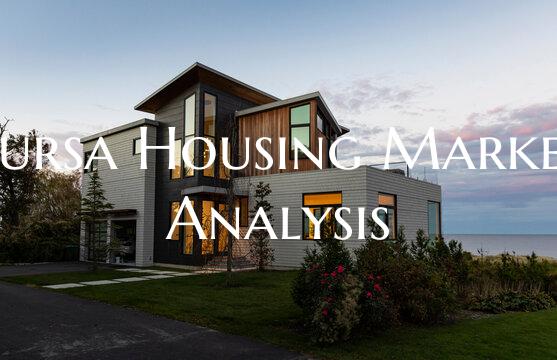Bursa Housing Market Analysis

Introduction: Bursa, a vibrant city in northwest Turkey, is well-known for its historical significance, thermal baths, and stunning architecture. The real estate market in Bursa has seen steady growth in recent years, attracting both local and foreign investors seeking to own property in this thriving city. In this market analysis, we will delve into the current trends, housing prices, and factors influencing the housing market in Bursa.
Current Trends in the Bursa Housing Market: The Bursa housing market has been experiencing a steady increase in demand, driven by various factors such as population growth, urbanization, and economic development. One of the notable trends is the rise in the construction of modern residential complexes offering a range of amenities such as swimming pools, fitness centers, and parks to attract buyers looking for a luxurious lifestyle. Additionally, there is a growing interest in eco-friendly and energy-efficient housing options in line with global sustainability trends.
Housing Prices and Affordability: The prices of housing units in Bursa vary depending on the location, size, and type of property. The city offers a diverse range of housing options, including apartments, villas, and traditional Turkish homes. Generally, housing prices in central areas of Bursa tend to be higher compared to the outskirts, where more affordable options can be found. The affordability of housing in Bursa remains relatively favorable, attracting both first-time buyers and investors looking for long-term gains.
Factors Influencing the Bursa Housing Market: Several factors play a crucial role in shaping the Bursa housing market. Economic stability, interest rates, government policies, and infrastructure development all impact the demand and supply dynamics of the real estate sector. Additionally, demographics, such as an increasing young population and a growing middle class, contribute to the evolving housing preferences and trends in Bursa. External factors like global economic conditions and political stability also influence investor sentiment and market performance.
Future Outlook and Recommendations: Looking ahead, the Bursa housing market is poised for continued growth and development, fueled by ongoing urbanization trends and infrastructure projects in the city. To capitalize on the opportunities in the market, it is essential for investors to conduct thorough research, seek professional advice, and stay informed about the latest trends and regulations. Diversification of investment portfolios and consideration of long-term sustainability factors can also enhance the prospects for success in the Bursa real estate market.
Conclusion: In conclusion, the Bursa housing market presents a range of opportunities for investors, homeowners, and developers alike. Understanding the current trends, housing prices, and factors influencing the market dynamics is essential for making informed decisions and maximizing returns in this growing sector. With careful planning, strategic investments, and a long-term perspective, stakeholders can navigate the Bursa housing market effectively and benefit from the city's flourishing real estate landscape.
